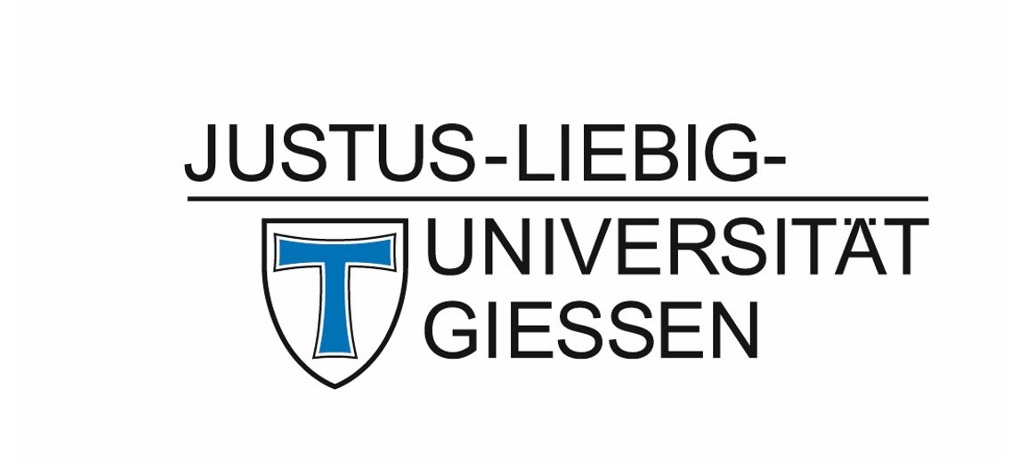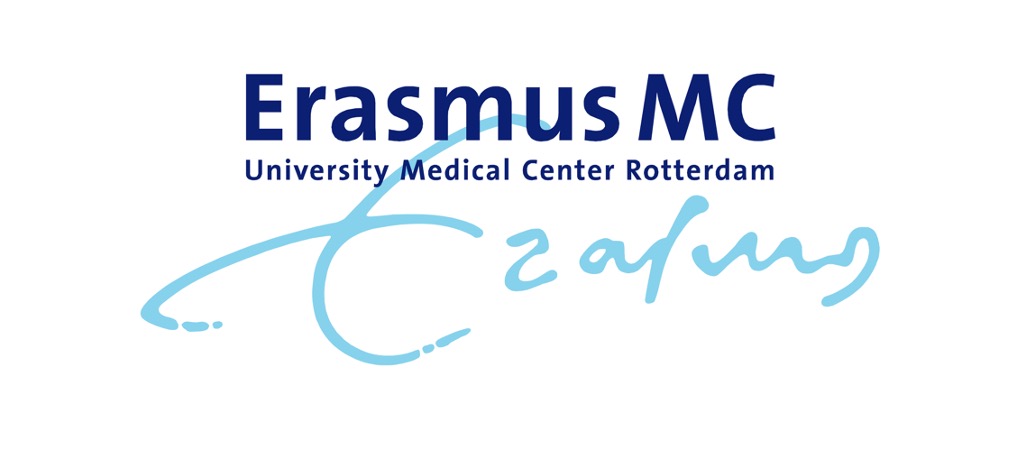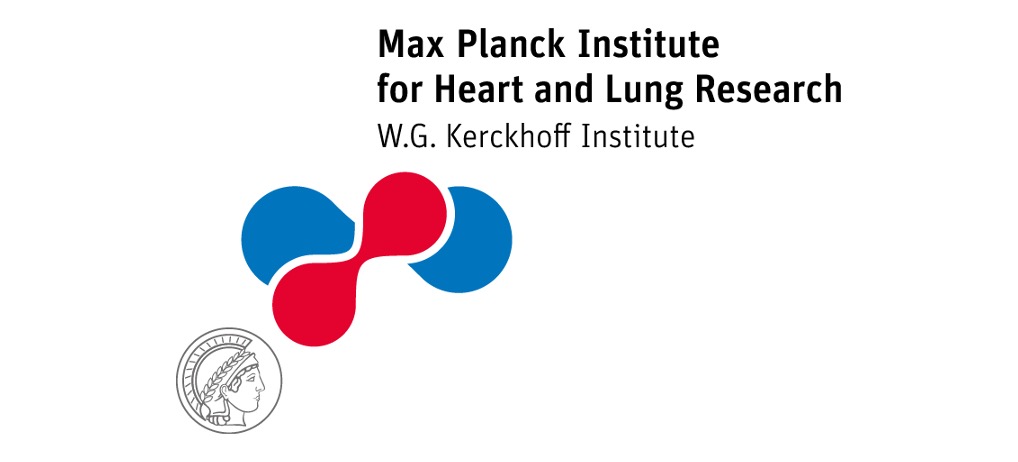Main Content
Guidelines
- PhD Portfolio
- Rules and Requirements to maintain standards of good scientific practice
- Information about how to keep a lab notebook
PhD Portfolio
- From July 2010, the PhD portfolio is obligatory for PhD students enrolled in the Integrated Research Training Group ("Epigenetics and Chromatin") of the TRR81 ("Chromatin changes in differentiation and malignancies").
- Thesis committee: Advisor and PhD student have to jointly choose two additional committee members. Not all of the three examiners must necessarily be members of the TRR81. Preferentially one committee member will be from the foreign university. The committee meets after the first six months, subsequently once a year. The main purpose of these meetings will be discussions of occurring problems, the future direction of the scientific work as well as giving advise for thesis submission, publication, presentations at conferences and career options.
- The PhD portfolio gives an overview of the training activities of the PhD students of the TRR81.
- For each activity, PhD students indicate the date (month, year) at which it took place and the workload (hours, day) of the activity.
- The PhD student and the main supervisor have the shared responsibility for the type and amount of the PhD training as well as for the correctness of the PhD portfolio. Please make sure that all training activities are adequately documented (e.g. course certificates, papers, conference proceedings)
- The completed PhD portfolio is included in the PhD thesis as an attachment.
Please update your PhD portfolio regularly and send a copy of your portfolio by e-mail every 6 months to the secretary of the MGK.
Download a template for your portfolio, here! (PDF)
Rules and Requirements to maintain standards of good scientific practice
These guidelines refer to recommendations by the Deutsche Forschungsgemeinschaft (DFG)
https://wissenschaftliche-integritaet.de/en
https://www.dfg.de/download/pdf/foerderung/rechtliche_rahmenbedingungen/gute_wissenschaftliche_praxis/kodex_gwp_en.pdf (PDF)
Honesty is the fundamental principle in Science
Honesty towards oneself and others is the fundamental principle of scientific work in all institutions and disciplines worldwide. Honesty is the ethical norm of every scientific practice no matter how different the respective disciplines are technically and thematically. The self-government of science is responsible for maintaining the rules of good scientific practice.
Basic Principles of good scientific practice
Scientists and their coworkers are obliged to follow the basic principles of scientific practice and to behave in an exemplary manner. They are also obliged to teach and train students and junior staff in the principles of good scientific practice, which especially applies to senior lecturers and professors. According to the Guidelines for Safeguarding Good Research Practice of the DFG (from August, 1 st 2019), the basic rules are:
General principles of scientific work:
- Working “lege artis”
- Documentation of results and securing primary data sets
- Consequent critics and doubt of own results
- Strict honesty concerning contributions of partners, competitors and predecessors
- The responsible supervision of students and junior staff/coworkers
- Cooperation and responsibility of performance in research groups
- Scientific publications
Violation against the rules of good scientific practice
The following facts are regarded to be a violation against the rules of good scientific practice and, possibly, a scientific fraud or an incitement to scientific fraud:
- Invention, forgery and suppression of data
- Plagiarism
- Scientific misconduct
- Obtain authorships in publications by false pretences
- Exclusion from legitimate authorships
- Missing or insufficient scientific discussion in research groups
- Insufficient supervision of doctoral students
- Loss or insufficient documentation of original data
- Missing teaching and training of research assistants/coworkers in the principles of good scientific practice
- Defamation of the principles of good scientific practice
- Breach of confidence acting as an expert (member of an advisory committee) or as a senior scientist/group leader (professor)
Responsibility towards the realization of good scientific practice
Every scientist is responsible for his own behavior in the context of his/her scientific work. Every leader of a research group is responsible for the realization of the principles of good scientific practice in his/her group and for the overall compliance with the rules. Therefore, an animated communication is needed within a research group, especially, the free and open discussion of scientific results and data e.g. in regular group meetings. The leaders of scientific research groups have the responsibility to guarantee that every member of the group is familiar with the principles of good scientific practice and, moreover, to provide the basic requirements for constantly acting according to the rules. They have to make sure that every single member of the group is willing to discuss his/her hypotheses, theories and scientific data openly in order to obtain a critical evaluation. The leadership of a research group requires presence and control. In cases, where these major aspects cannot be guaranteed all the time, delegation of duties is necessary.
Doctoral/PhD students
Concerning the supervision of doctoral or PhD students, it is recommended that a written description or sketch including a detailed plan and the aims of the project is developed before starting the practical work.
Obligation to documentation
Primary data sets having served as the basis for publications or a thesis should be kept safe and in solid files for at least ten years in the respective research group. Every scientist is responsible for the safekeeping and is obliged to prove the appropriate documentation of his/her work by providing carefully written protocols. Furthermore, the documentation of experiments including numeric calculations has to be done in every single detail, so that another scientist/supervisor can repeat the experiments or understand them easily at any time. The reproducibility of scientific experiments is regarded to be a basic test. Protocol and lab books/files have to be solid and have to contain numbered sheets. It is not allowed to remove sheets. Everything has to be kept carefully and safe. The loss or removal of original data from the lab is thought to be a violation against the scientific conscientiousness and justifies primary suspicion of dishonest or grossly negligent behavior. In case of a move to another lab/institution, the data sets produced by a scientist, in principle, remain in the lab/institution of origin. However, exceptions from this rule are possible according to prior written and signed agreements between members of the labs/institutions involved.
Publications, authorship
Authors of scientific publications are jointly responsible for the respective contents of the manuscripts. Therefore, a so-called “authorship by honor” is excluded. In publications, especially in those bearing completely new scientific findings, methods and results have to be described in full detail, so that every scientist can easily follow and understand them. Previous work (from oneself or others) has to be indicated thoroughly and cited correctly. Furthermore, previous findings have to be repeated and described as such as being necessary for fully understanding the respective context. Authorship of a scientific original paper can only be granted to those who have contributed substantially to the conception of the study or experiments, to the production, analysis or interpretation of data or to the writing of the manuscript. Common agreement is needed before publication, which implies that all authors are responsible.
Additional information on "Good scientific practice" can be downloaded from the websites of the Universities of Marburg and Giessen.
Information about how to keep a lab notebook
Your lab notes must be both legible and intelligible to someone else. They are important work records and belong to the laboratory you are working in, i.e. they are not your private property and will remain in the laboratory when you leave it. They must be written in such a way that everyone with some lab experience can repeat the experiment. Despite an often casual - sometimes even “playful” - attitude, scientific research is a serious professional activity that costs a lot of public money. Detailed and professional record keeping is mandatory. All records must be stored by the laboratory for 10 years. Most institutional rules require that you use a book and not loose sheets of paper! Some institutions are moving towards electronic record keeping, and in this case special regulations apply.
Rules
- Your notebook is the primary record of all experiments. It has to contain consecutively numbered pages. Every entry must be dated. Use permanent ink (no pencils). According to DFG -German Research Foundation - guidelines it is forbidden to remove pages. Be sure your name and location is written in the book.
- Every lab notebook should contain a table of contents at the beginning indicating date, page number and title of your experiments.
- Every record (gels, printouts, autoradiograms, photos etc.) must be taped into your book. If kept in a separate file, every single item (even repetitive exposures of the same gel) must be dated, must contain reference to notebook page (and vice versa), and must be properly labeled. The same applies if the records are kept in an electronic format (see below). Label, label, label everything! For instance, gels where you do not know anymore what is on which lane are worthless and a waste of time and money. Also, notes put on scrap paper during an experiment should be transferred into the notebook. While you are still a beginner, also record the details for making reagents.
- Every single experiment should have a short header section stating the aim of the experiment in a few sentences and, at the end a conclusion (did or did not work, what to change next time, what result you got, and how to evaluate it).
- The methods must be crystal clear and reproducible. You can refer to previous pages, but even small changes in the proceedings must be recorded. Whenever you use a method for the first time, your notebook must contain a full description of all details. If the method is obtained from a method file, from somebody else’s notebook or from a company leaflet, xerox it and tape it into your book. Every experiment must be recorded. This also applies to experiments that did not work.
- Don't use personally defined abbreviations or acronyms unless they are clearly defined in the book on the front or back cover.
- If experiments are utilized for a paper, make sure you note in your notebook which experiments are used for which publication. It is essential that all published data can eventually be traced back to your lab notes!
Storage of electronic data
An increasing percentage of original scientific data is generated electronically. Usually, a printout of the data should be filed with your lab notes, with the original data file being archived. In some instances, the amount of the original data is very high, making it impractical to generate hardcopies, and data reduction and processing is an integral part of the experiment. All electronic data files must be stored with the same care that applies to your written notes. While there are still differences between laboratories and institutions, some general rules apply:
- While you work with the data, you must ensure that regular backups are being made, either by regularly creating backups on peripheral storage media (CDs, DVDs etc), or by storing them on a fileserver that is professionally managed.
- When you leave the lab, all data must be archived, either on CDs/DVDs, or (preferably) on an archive server. As with paper notebooks, electronic data need to be archived for 10 years. Keep in mind that CDs and DVDs are generally not considered being safe for such long-term storage. Archiving should be carried out in cooperation with your lab/supervisor, and access to the data must be ensured.
- Make sure that your data are accessible and retrievable by providing appropriate indexing and dating, and by ensuring that others (e.g. supervisor) have access. As discussed above, your lab records are the “master file”, and each electronic data set needs to be referred to in the lab records with the appropriate filename and date.
- As with every other scientific method, data processing and the software used for processing needs to be documented. All original, unprocessed data files must be kept. Remember: An experiment that is not properly recorded is worthless! Your lab notes are the essence of your work: be as careful in keeping your records as you are in performing your experiments. They are also legal documents that are subject to scrutiny and investigation if questions arise concerning any aspects of your work.
The information provided here was adapted from the Graduate School of Excellence (Hannover)






